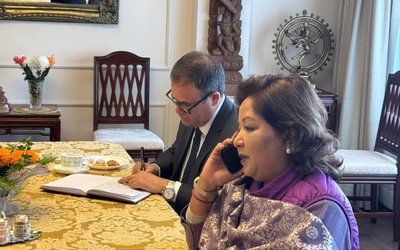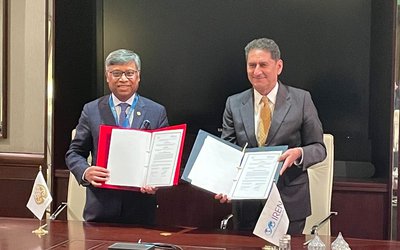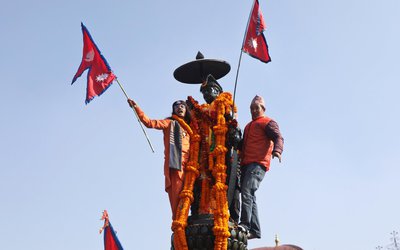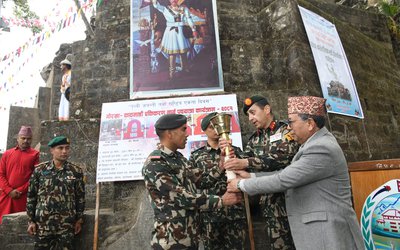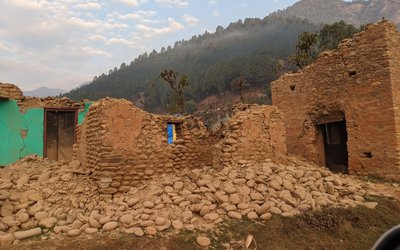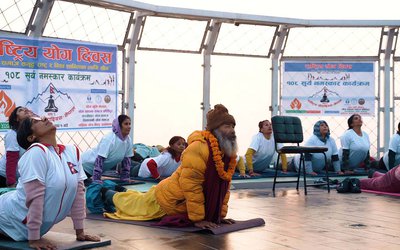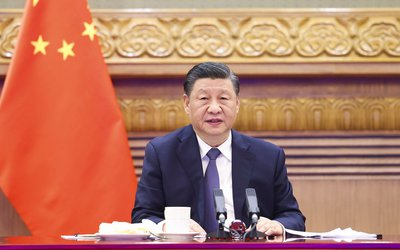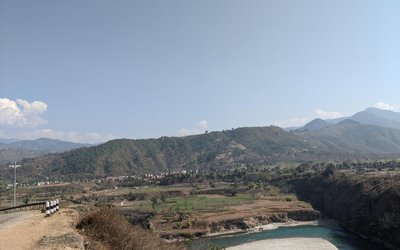
When BP Koirala died 36 years ago, Nepali Congress was the largest opposition. Its voice was heard around the world, including in Nepal. Although Nepali Congress has ruled the country several times, producing four prime ministers in the last 36 years, it is virtually nowhere now, following the last general elections that wiped it out.
In the last elections, NC leaders claimed that the party had been instrumental to transform Nepal from a monarchy to a republic, a unitary state to a federation and a religious nation to a secular state. But voters denied it the vote, giving Nepal’s communist alliance a two thirds majority.
Legendary leader BP Koirala, who had pushed for national reconciliation with monarchy, declined any alliance with the communists. However, his successors fought with the monarch while forging an alliance with the communists. His brother GP Koirala went further, agreeing to the agenda of the Maoists.
Although the masses have yet to realize the current debacle, some leaders have begun to speak openly. NC leader Sher Bahadur Deuba is one of them. “We failed to respect our leader BP Koirala who always declined to make an alliance with the communists,” said Deuba.
Former minister and founder of Nepal Students Union Bipin Koirala even blamed the current generation of leaders as betraying BP’s ideology, pointing at two leaders, former President Dr. Ram Baran Yadav and KB Gurung, who declared Nepal a republic.
“All his successors, including his own brother Girija Prasad Koirala, betrayed BP Koirala, who always stood against any unity with the communist,” said Koirala. “Until we realize this, there is no future of Nepali Congress and we will have to live under the communist rule.”
Former President Dr. Ram Baran Yadav said Bishweshwar Prasad Koirala played a very important role in institutionalizing democracy and national building. “Even 36 after his death, B.P. Koirala remains in the hearts and minds of all political leaders from all political parties,” said former president Dr.Yadav.
“Although Nepal has a new political system with federalism and republicanism, BP Koirala’s ideology still can show us how to reach the goal of economic prosperity. It is unfortunate that Nepal does not produce leaders like Koirala, whose life is full of dedication and commitment to the nation and democracy,” said Dr. Yadav.
Addressing the ceremony organized to celebrate the 36th BP Memorial Day by BP Ideology National Society, Dr. Yadav stressed the need to transform the society as per the wishes of visionary leader BP Koirala.
Former president Dr. Yadav unveiled a book, Bishweshwar Prasad Koirala in National Context, Part 2, amid a function in Kathmandu.
Attended by a large number of Nepali Congress workers and people of different walks of life, the co-chair of the society and leader of Nepali Congress Govinda Raj Joshi blamed current political leadership of the party for the present plight of Nepali Congress. “BP Koirala always took a major decision by taking the soil of the country in hand. Girija Prasad Koirala signed a treaty in a foreign country, taking the soil of foreign land. How can you expect the country to be better when leaders decide about the country’s future in foreign soil,” said Joshi.
“If we want to see the revival of our country, Nepali Congress must follow BP Koirala’s ideology and stands. As the current leadership of NC is incapable and inefficient, we have only one option left, that is, to change them in the coming General Convection,” said Joshi.
Former speaker of parliament Taranath Ranabhat said the party needs a revamp, making it more ideological oriented.
Former minister Bipin Koirala bluntly blamed Girija Prasad Koirala for the present mess. “They took all major political decisions like federalism, republicanism and secularism without involving the party’s rank and file. It is unfortunate that BP Koirala had opposed these entire elements and his brother GP Koirala exchanged ideology for power. Nepali Congress started to deviate from its ideology since 1984. The decision to join the alliance with communists in 1990 was a blunt political decision of Nepali Congress. The twelve-point agreement was the climax,” said Koirala
Former Minister Laxman Ghimire also highlighted the role of BP Koirala. Nepali Congress youth leader Lokesh Dhakal criticized the current leadership as taking the decision without consulting the party workers. “The decisions like republicanism, federalism and secularism were taken without discussion and consent of party workers,” said Dhakal.
From the chair, KB Gurung highlighted the relevance of BP’s ideology to revive Nepali Congress party.
- GLOBAL IME BANK: Celebrating Eighteen Years of Progress
- Jan 13, 2025
- JALPADEVI CABLE CAR: IME Group's Latest Project
- Jan 12, 2025
- NIMB Achieves Accreditation With Green Climate Fund (GCF)
- Jan 10, 2025
- NATIONAL UNITY DAY: Unity Trail
- Jan 10, 2025
- TOURISTS ARRIVAL: Surpass A Million
- Jan 10, 2025
